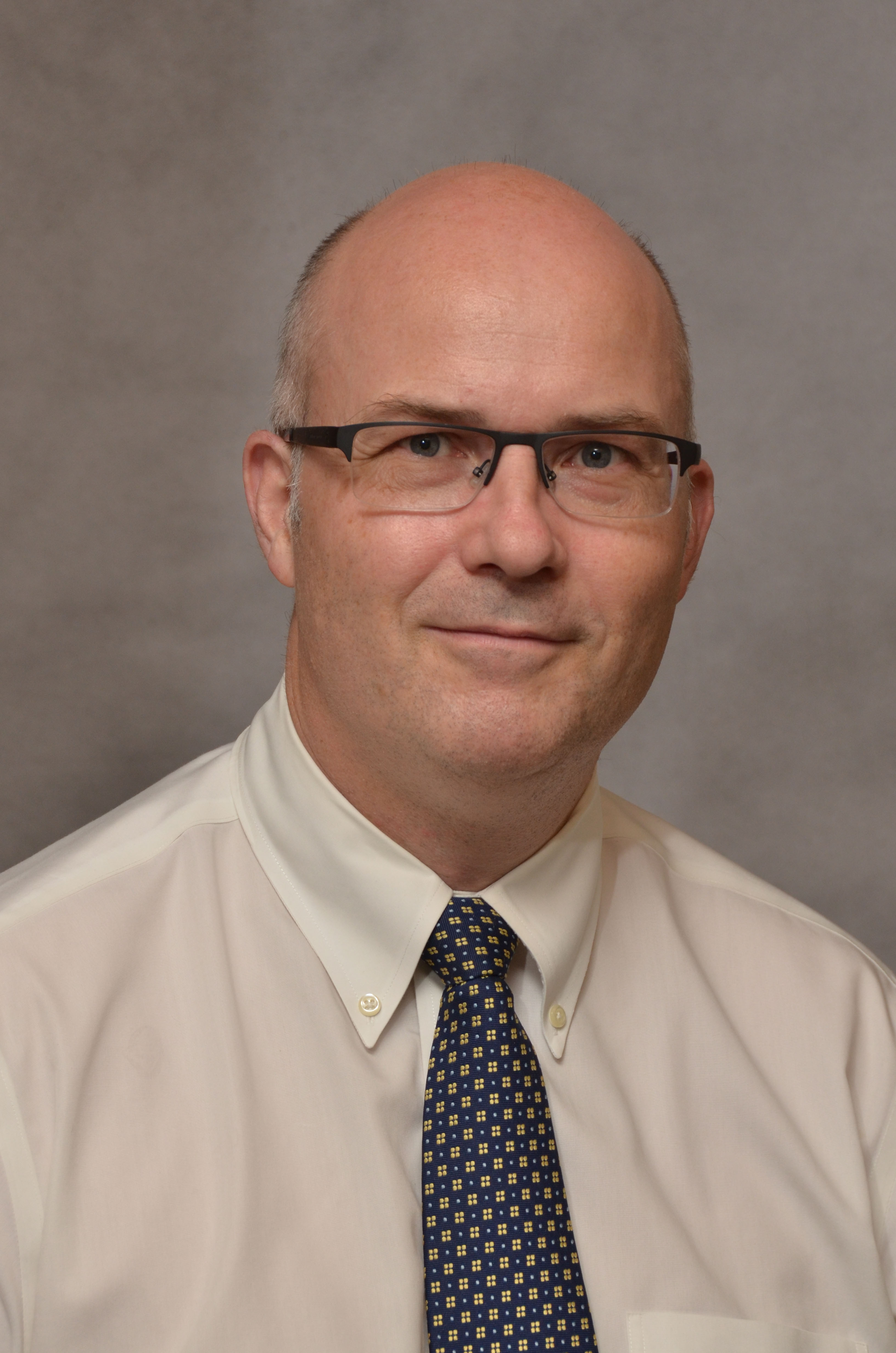Residency
Program Director's Note

Program Director's Note
Welcome to the University of Minnesota Urology Residency Program. Our program has a rich history of advancing the field of urology which include recognition as one of the birthplaces of endourology, the establishment of the Gleason grading system for prostate cancer, and the development of the artificial urinary sphincter and the inflatable penile prosthesis. Building on this heritage, we strive to provide our trainees with a world-class educational program that nurtures their curiosity, supports their career aspirations and prepares them equally well for leadership positions in academic medicine and community care.
Ours is a 5-year program of which 6 months are spent in general surgery, whereas the remainder is spent in urology. With several training sites in the Twin Cities, we pride ourselves in the breadth and depth of educational opportunities we offer to our residents. These include the M Health Fairview University Medical Center and the Minneapolis VA Medical Center as main sites, as well as a community rotation at Hennepin County Medical Center and MHealth Fairview Southdale. A major asset of our program is our cadre of faculty, who are not only regionally, nationally and internationally recognized for their expertise but also fully committed to supporting the current training and future career paths of our residents. This includes fostering their research interest in basic and translational research, clinical and outcomes research and evidence synthesis.
We recognize the critical importance of choosing the right training program and welcome your interest. Please do not hesitate to contact me as Program Director, Dr. Mike Borofsky as Associate Program Director or our Residency Coordinator, Liz Mayock, if you have questions about our program or would like to learn more.
Residency Program Highlights
Recent Publications:
- Thomas Stout and Ali Ordonez: Evaluating the Perceived Importance of Male Ejaculatory Function https://pubmed.ncbi.nlm.nih.gov/32991911/
- Rachel Mann and Joe Pariser: The management of complications of feminizing gender affirming genital surgery https://www.goldjournal.net/article/S0090-4295(21)00093-5/fulltext
-
Thomas Stout and Sean Elliott: Technique and outcomes of hand-assist laparoscopic continent cutaneous ileocecocystoplasty https://www.goldjournal.net/article/S0090-4295(21)00080-7/fulltext
How to Apply
The University of Minnesota uses the AAMC’s Electronic Residency Application Service (ERAS) for all of our urology resident applications. When you’re ready to apply, visit the ERAS website to get started.
We follow the SAU-AUA Match timeline. The process for urology residency matching starts the summer before you wish to begin your residency.
Goals & Objectives
As a resident in the Department of Urology, you’ll develop a comprehensive understanding of the specialty across four areas of competency. We are committed to helping you reach each of the program’s goals and objectives throughout your training.
Clinical
- Develop a strong urologic clinical and basic science knowledge base that will allow you to choose the appropriate diagnostic tools and management for a specific urological problem.
- Progressively increase your experience in patient management to appropriately diagnose and treat urologic problems in an effective and timely manner by the end of your residency. You will learn to act independently in clinical decision-making and therapeutic management.
- Progressively increase your surgical skills so that you will feel comfortable performing all major urologic procedures by the end of your residency.
Research
- Have a full understanding of the research process. Gain the ability to analyze current literature and incorporate scientifically valid results into your urologic practice.
- Demonstrate competence in hypothesis formation, data collection, and analysis methodology.
- Be strongly encouraged to perform your own clinical or basic science research project, which will be submitted for publication by the end of your residency. You will also be encouraged to present this scientific research project orally.
Academic
- Participate in an academic course of study during each year of residency. This will enable you to perform strongly on the national, annual in-service exam in urology.
- Gain the academic knowledge to pass the qualifying exam of the American Board of Urology by the end of your residency.
- The academic course of study will assist you in your clinical decision making process and therapeutic strategies.
Teaching
- Progressively learn how to teach others during your residency.
- Develop the ability to teach all aspects of urology to any person or group of people with the desire to further their understanding of urology.
Why the University of Minnesota Department of Urology?
Contact
Please contact the Education Administrator, Liz Mayock, with any questions.